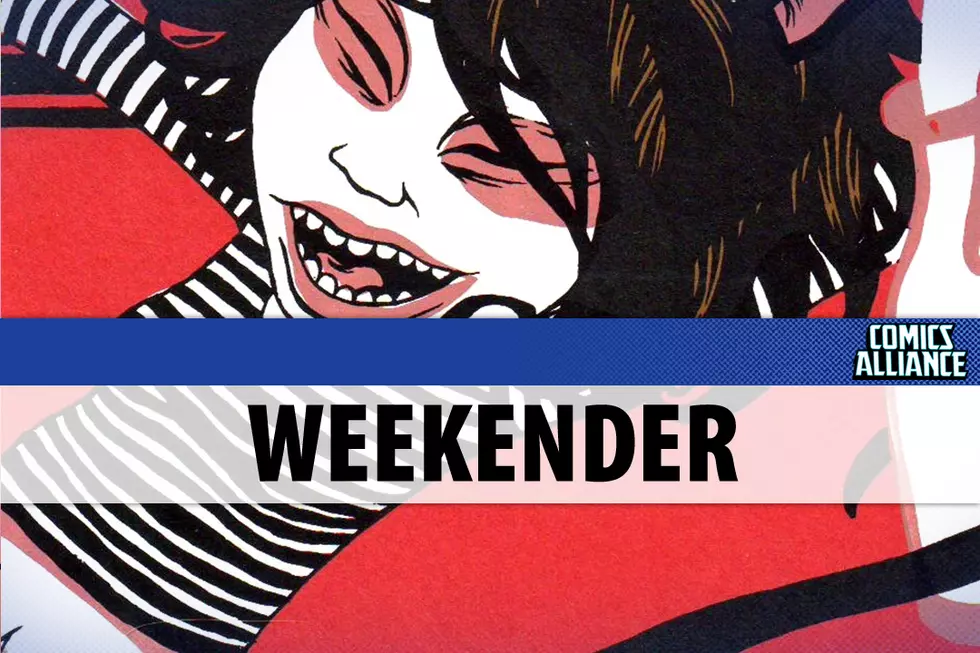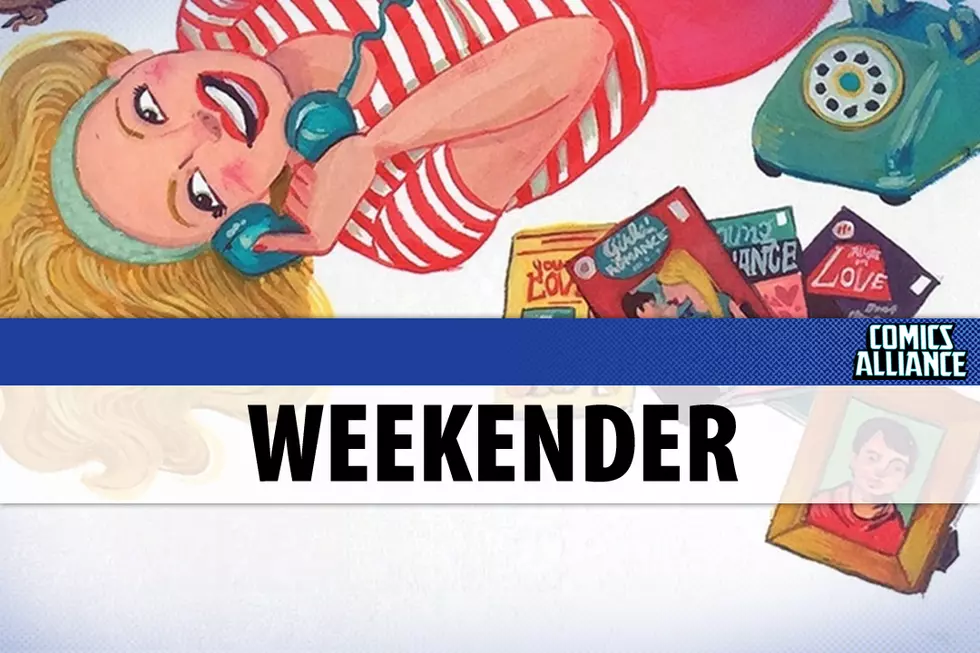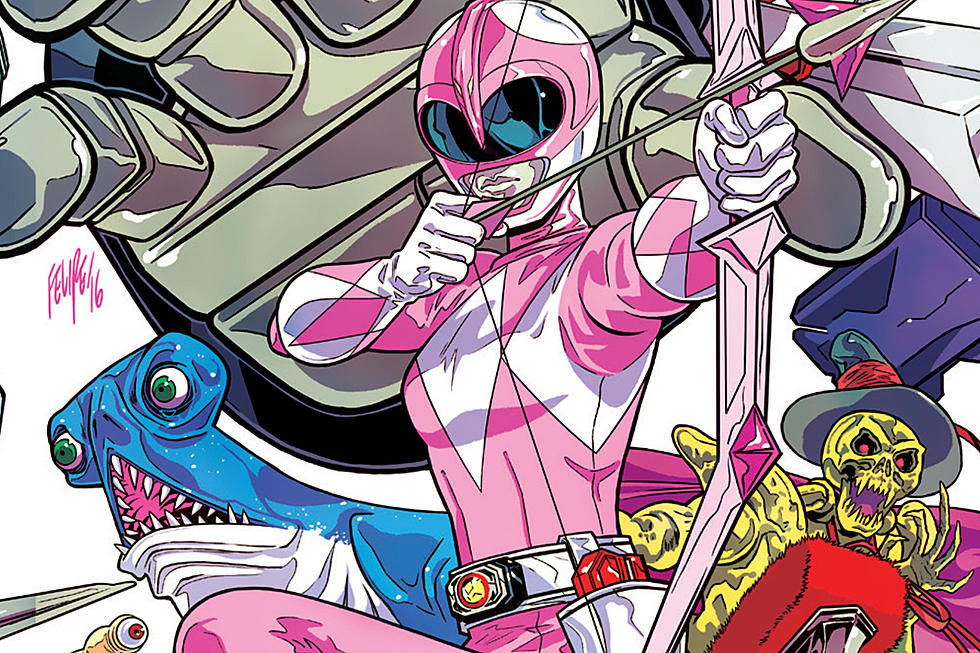
Despite ‘Failing To Succeed,’ Retailer Mile High Comics Will Come Back To Comic-Con
Mile High Comics did not have a great San Diego Comic-Con this year. According to a report written by company president Chuck Rozanski, Mile High stood to lose about $10,000 just by having a booth (technically, seven booths) at this year's show.
That's a massive amount of money for a retailer, even one as huge as Mile High. The loss was so big that Rozanski threatened to never come back to Comic-Con again. Ultimately, Rozanski decided that he will come back next year as an "emotional response" to an outpouring of support from fans and comics pros, but his major problem with the show remains the same: Publisher exclusives.
Here's a shocking tidbit from Rozanski's newsletter: Mile High sold twice as much merchandise per hour at Denver Comic-Con than it did in San Diego. That's despite Denver's show being shorter (three days as opposed to five) and having half the attendance. Mile High even brought less stock to Denver.
So what made the difference? Rozanski explains:
In a nutshell, the comics publishers with booths at the San Diego convention have so cleverly exploited the greed and avarice of comics fans through limited edition publications that are only available through their own booths, that there is no longer enough disposable income left in the room to sustain us. A sad state of affairs, but also completely true.
Rozanski goes on to discuss how the head of an unnamed publisher came by his booth to tout his success with exclusives, entirely unaware of the impact it had on retailers.
Indeed, con exclusives are very much a San Diego phenomenon. It's rare to see publishers roll out exclusive versions of comics at say, Heroes Con or Emerald City Comic Con, because there's less overhead cost involved in having presences at those shows. (And sometimes, publishers just don't show up at those shows. They have to be at San Diego.)
In his "final word" about San Diego, Rozanski said he doesn't begrudge con exclusives.
I actually think that creating limited edition variant covers to more noteworthy comics is fun, and have encouraged publishers to create more. My real disagreement is with publishers choosing publish highly desirable limited editions of their best works, and then to become the exclusive source for those variants.
That said, Rozanski concludes that there's little he can do about it. His customers expect Mile High to carry every book from every publisher; he can't very well boycott a publisher in protest. He'd only be hurting himself. He writes:
Our comics publishers will all express sympathy with the plight of participating retailers at conventions, but will then continue engaging in behaviors that solely benefit them. Such is life.
Of course, publishers offering con exclusives is almost definitely not intended as a slight against retailers. More than anything, it's a way to offset the expense of being present and visible at the biggest comics show of the year. But there are always unintended consequences. One of those consequences may be fewer retailer booths in San Diego in the years to come.
On the other hand, who knows if convention exclusives were the real reason for Mile High's loss? There could be any number of other factors involved -- such as people choosing to spend their money on toys or movie memorabilia rather than comics. The whole situation likely warrants a bit more investigation in the months to come. Perhaps in the meantime, other retailers will speak up about how they fared in San Diego this year.
More From ComicsAlliance

![What Happened to All the Movie Panels in Hall H? [SDCC 2016]](http://townsquare.media/site/442/files/2015/07/comicconposter.jpg?w=980&q=75)







